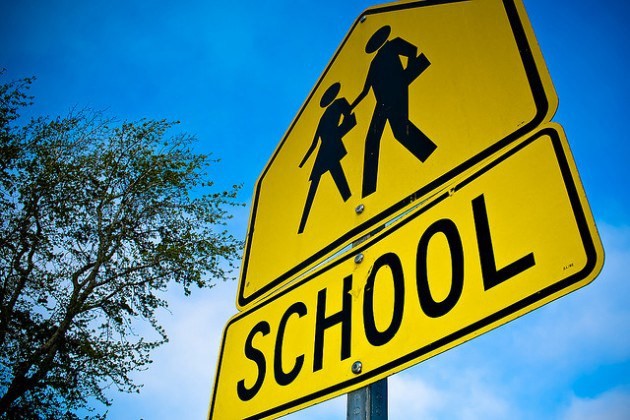Seven years after the mayoral takeover of DC Public Schools, promises of stronger schools have not been realized, according to a recent evaluation report from the National Research Council.

Researchers given the task of evaluating how public schools are doing since the passage of the Public Education Reform Amendment Act (PERAA) found that DC continues to have many struggling students and needs to take steps to address the lack of transparency and clear oversight for its public schools.
Specifically, the report recommends improvements in the following areas:
Student Learning — The researchers looked at trends in student performance, such as test scores and graduation rates, since mayoral control began. While there has been some improvement, many students with high levels of need, including those who are low-income, continue to fall behind. The recent investments in students considered “at-risk” offer a tremendous opportunity for DC schools. These additional resources are intended to help these students receive the extra support they need, but there are questions about how to make sure these resources support effective strategies and activities. The report recommends the city take a more coordinated approach to monitoring “learning conditions” in schools, such as school environment, discipline, and academic support, to better understand what progress is being made for students.
Data Infrastructure — Although DC gathers data about its schools through the Office of the State Superintendent of Education (OSSE), access to this information, particularly for high-needs students and the charter school sector, remains a challenge. The report recommends DC develop a comprehensive data collection system that would be easily accessible to the public.
Budget Transparency — The researchers concluded that the budgeting process is not simpler or more transparent since the shift to mayoral control. In particular, the short timeline given to DCPS to make budgeting decisions does not allow for much community input into school budget priorities. Previously, a working group would make recommendations and hold hearings to gather input during the school budget development process. While DCPS holds workshops and budget meetings with schools, the working group is no longer used, offering less opportunities for public input.
Governance and Coordination — Since mayoral control, there are several DC agencies involved in the oversight of both traditional public schools and public charter schools. However, it still is not clear who is responsible for overseeing the quality of education in DC.
DCFPI’s Recommendations — DCFPI agrees that budget transparency and access to data are critical to ensuring all students receive a good education. We also think the city should re-establish a DCPS budget allocation task force and extend the timeline that schools get to make budgeting decisions. This would provide a strategic process to better plan for school budgets while allowing for more input from the public.
Public witnesses can sign up to speak at the second Council roundtable on the PERAA evaluation, which will be held on June 22nd at 11am. Councilmember Grosso is also holding a series of town hall meetings in all eight wards of the city over the next few months. You can find the schedule and location details here.
To print a copy of today’s blog, click here.
